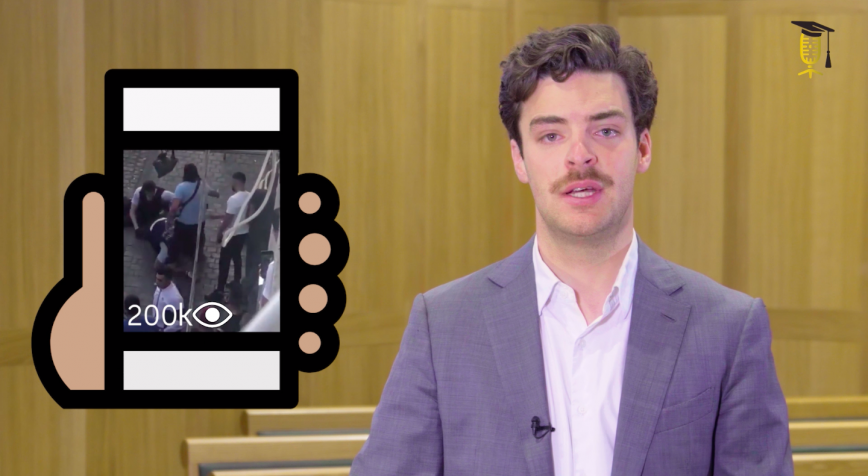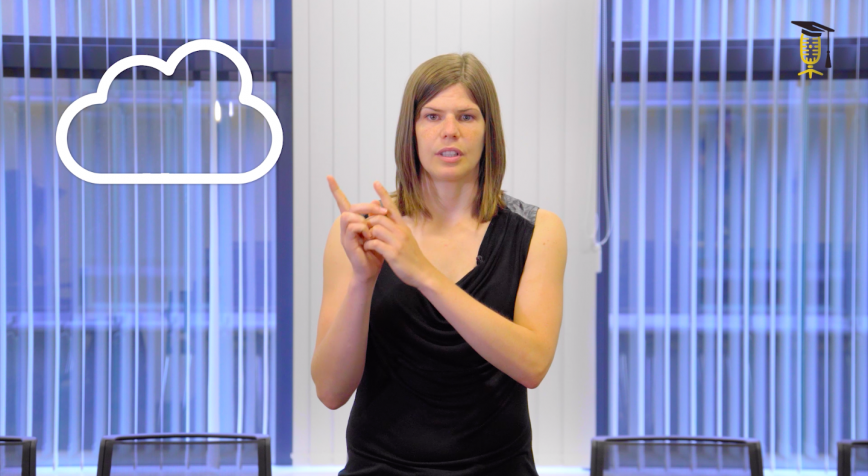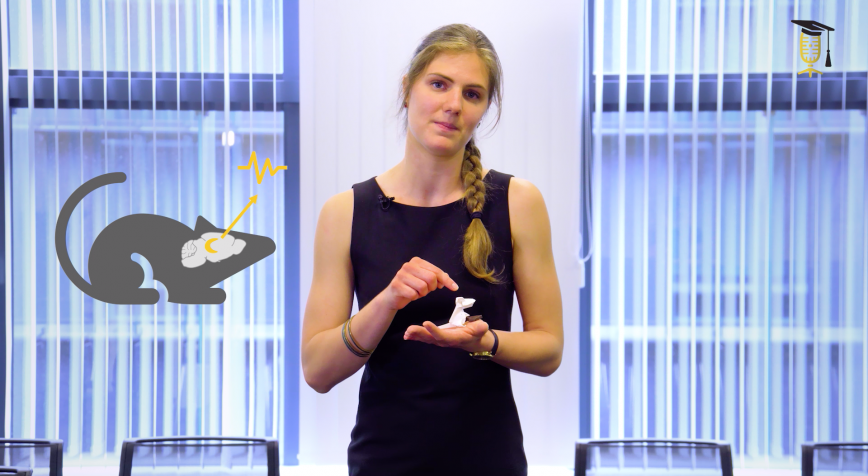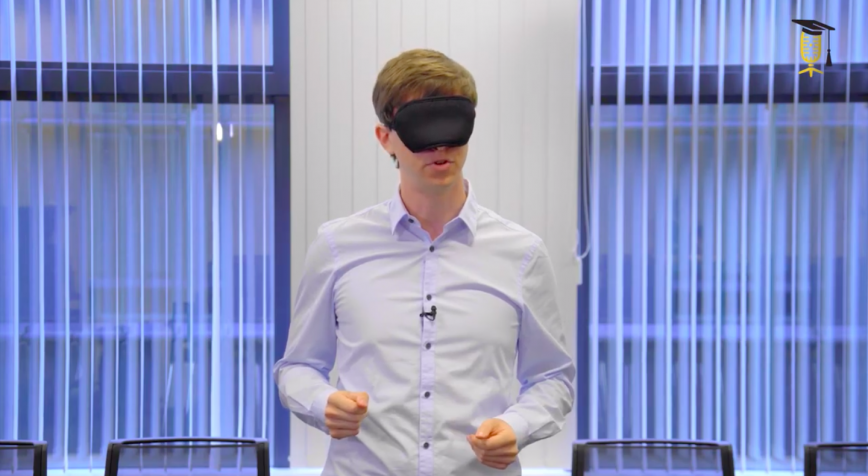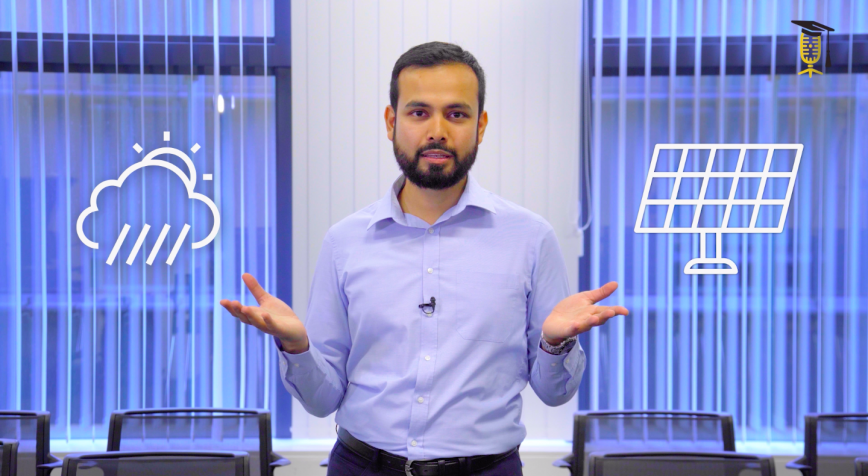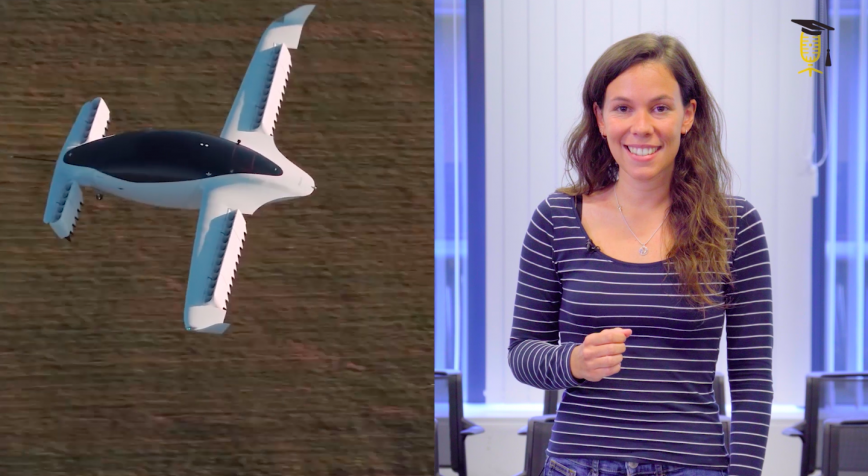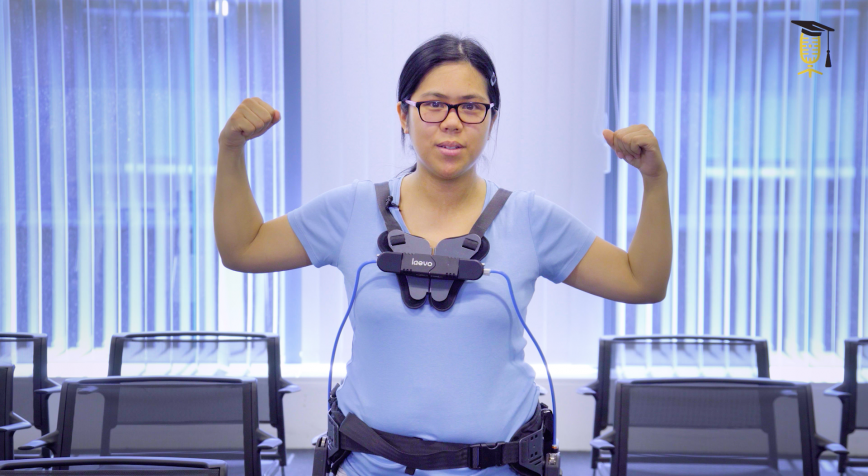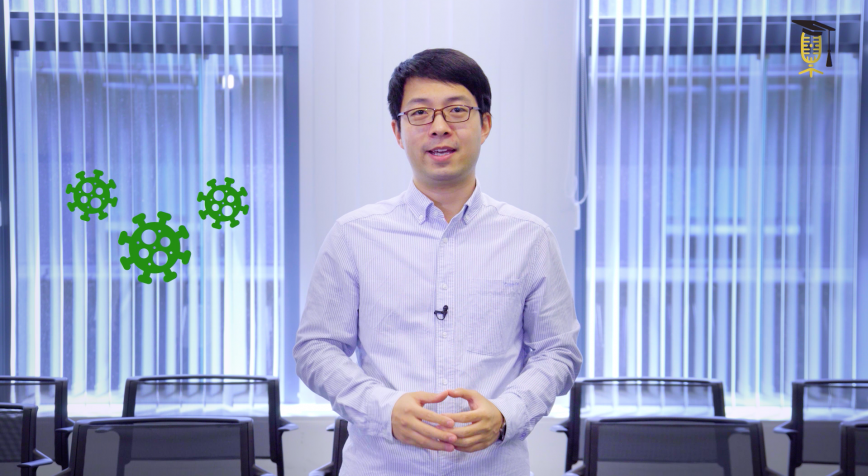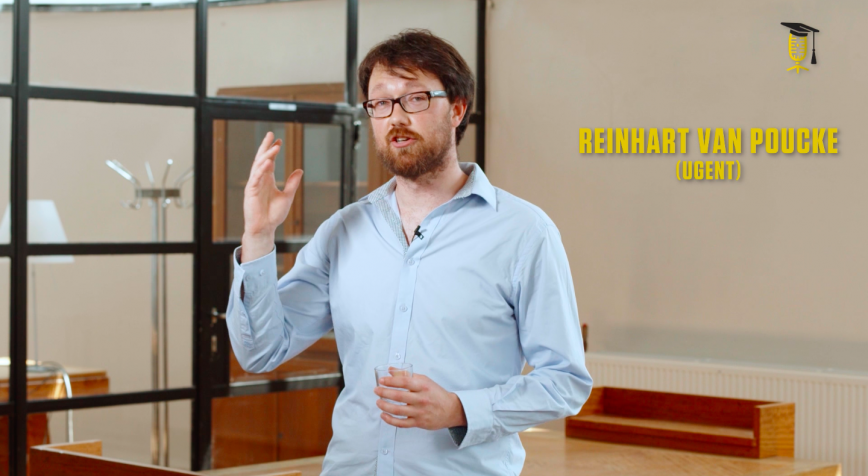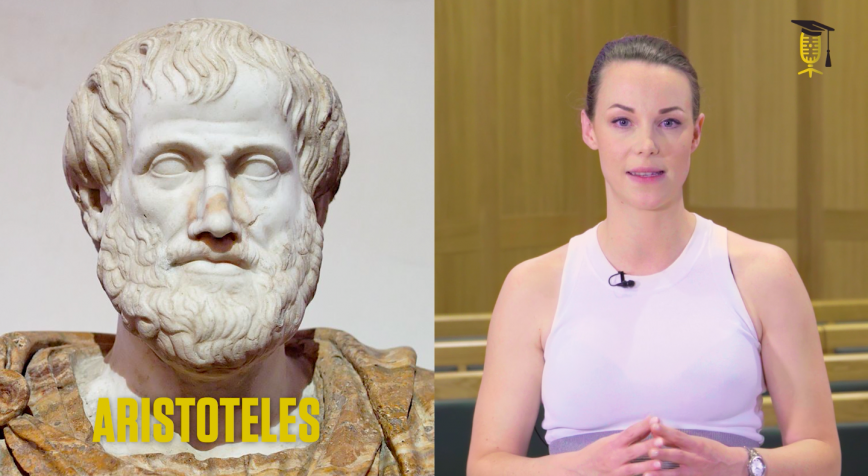
FWO
UGent
The woman in medieval Islamic philosophy
Did you know that the Greek philosopher Aristotle considered the idea that the woman is inferior to the man as a scientific fact? But how did Islamic philosophers of the Middle Ages, who were quite fond of Aristotle, think about the role of women? Completely different, according to the research of philosopher Tineke Melkebeek.
